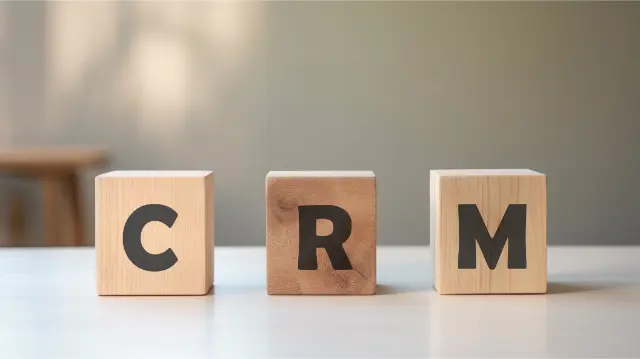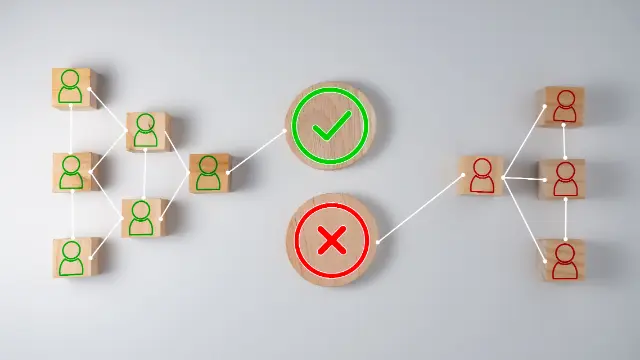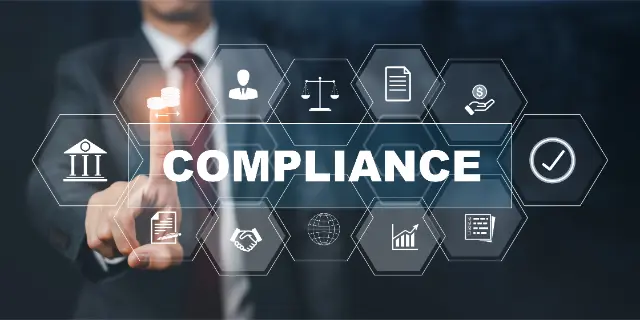Humanizing CRM Automation for Elevated Hospitality Services
In the ever-evolving hospitality landscape, where personalization and efficiency reign supreme, CRM (Customer Relationship Management) Automation emerges as a game-changer. With the advent of Python, AI, and cloud-based solutions, hoteliers can now harness the power of CRM Automation to seamlessly manage client profiles, ensuring a frictionless and memorable guest experience.
Gone are the days of manual data entry and fragmented communication channels. CRM Automation streamlines the process of capturing and managing guest preferences, booking details, and communication history in a centralized platform. This not only enhances operational efficiency but also empowers staff with real-time insights into guest needs, enabling them to deliver highly personalized services.
By leveraging the capabilities of Python, AI, and cloud-based solutions, hoteliers can automate repetitive tasks, such as updating client profiles, sending automated confirmations, and generating tailored marketing campaigns. This frees up staff time, allowing them to focus on building stronger relationships with guests and providing exceptional service.
Ultimately, CRM Automation is not just about technology; it’s about humanizing the guest experience. By streamlining processes and empowering staff with the tools they need, hoteliers can create a seamless and memorable journey for every guest, fostering loyalty and driving repeat business.
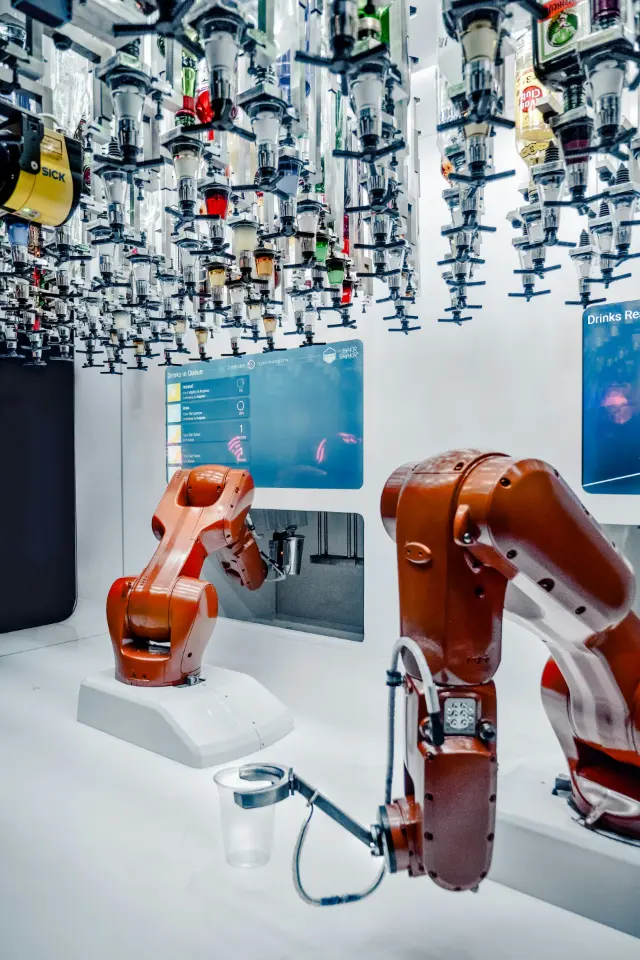
Python, AI, and the Cloud: The Power Trio for CRM Automation
Python: The Unsung Hero of Unattended and Attended Bots
Python’s versatility shines in the realm of CRM Automation, enabling the creation of both unattended and attended bots. Unattended bots can seamlessly execute repetitive tasks, such as updating client profiles, without human intervention. Attended bots, on the other hand, work alongside human agents, providing real-time assistance and automating specific tasks within the CRM system.
The customization capabilities offered by Python make it an ideal choice for building attended bots that cater to specific business needs. Hoteliers can tailor these bots to handle complex tasks, such as generating personalized welcome emails, responding to guest inquiries, and even making automated room upgrades based on guest preferences.
Cloud Platforms: Supercharging Automation Orchestration
Cloud platforms offer a plethora of features and capabilities that far surpass traditional RPA/workflow tools orchestrators. These platforms provide a scalable and reliable infrastructure, allowing hoteliers to automate complex processes without worrying about hardware limitations or maintenance.
Moreover, cloud platforms offer advanced automation orchestration capabilities, enabling hoteliers to connect different systems and applications seamlessly. This allows for the creation of end-to-end automated workflows that span multiple departments and systems, ensuring a smooth and efficient guest experience.
AI: The Catalyst for Accuracy and Edge-Case Handling
AI plays a crucial role in enhancing the accuracy and robustness of CRM Automation. Techniques like image recognition can be used to automate tasks such as extracting data from scanned documents or verifying guest signatures. Natural language processing (NLP) enables bots to understand and respond to guest inquiries in a natural and conversational manner.
Generative AI, such as GPT-3, can be leveraged to generate personalized content, such as tailored recommendations and marketing campaigns. By incorporating AI into their CRM Automation strategies, hoteliers can handle edge cases more effectively and deliver a consistently exceptional guest experience.
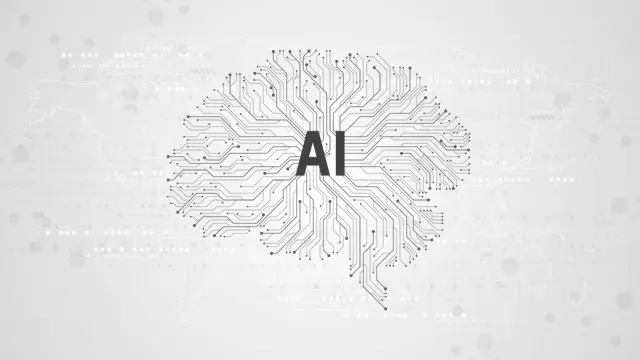
Building the CRM Automation Engine
Step-by-Step Automation Development with Python and Cloud
The CRM Automation process using Python and cloud can be broken down into the following sub-processes:
- Data Extraction: Python scripts can be used to extract data from various sources, such as email, web forms, and legacy systems. Cloud platforms provide scalable storage and processing capabilities to handle large volumes of data.
- Data Transformation: Python’s powerful data manipulation libraries can transform extracted data into a format that is compatible with the CRM system. Cloud platforms offer data integration services to seamlessly connect different data sources and applications.
- Data Validation: Python scripts can be used to validate data for accuracy and completeness. Cloud platforms provide data validation tools and services to ensure data integrity.
- Data Enrichment: Python can leverage AI techniques, such as image recognition and NLP, to enrich data with additional insights. Cloud platforms offer AI services that can be integrated into CRM Automation workflows.
- Data Synchronization: Python scripts can synchronize data between the CRM system and other applications, such as marketing automation platforms and loyalty programs. Cloud platforms provide data synchronization services to ensure real-time data updates across multiple systems.
Data Security and Compliance in Hospitality
Data security and compliance are paramount in the hospitality industry, where guest data privacy is of utmost importance. Python and cloud platforms offer robust security features, such as encryption, access controls, and audit trails, to ensure that guest data is protected.
Python vs. No-Code RPA/Workflow Tools
While no-code RPA/workflow tools offer a low-code/no-code approach to automation, they often lack the flexibility and customization capabilities of Python. Python’s open-source nature and extensive library ecosystem allow for the development of tailored CRM Automation solutions that meet the specific needs of the hospitality industry.
Algorythum’s Differentiated Approach
Algorythum takes a different approach to CRM Automation by harnessing the power of Python and cloud platforms. We believe that this approach offers several advantages over pre-built RPA tools:
- Flexibility and Customization: Python allows for the creation of highly customized CRM Automation solutions that cater to the unique requirements of each hospitality business.
- Scalability and Reliability: Cloud platforms provide a scalable and reliable infrastructure that can handle the demanding workloads of the hospitality industry.
- Data Security and Compliance: Python and cloud platforms offer robust security features to ensure the protection of guest data.
- Cost-Effectiveness: Building CRM Automation solutions with Python and cloud can be more cost-effective than using pre-built RPA tools, especially for complex and large-scale automation projects.
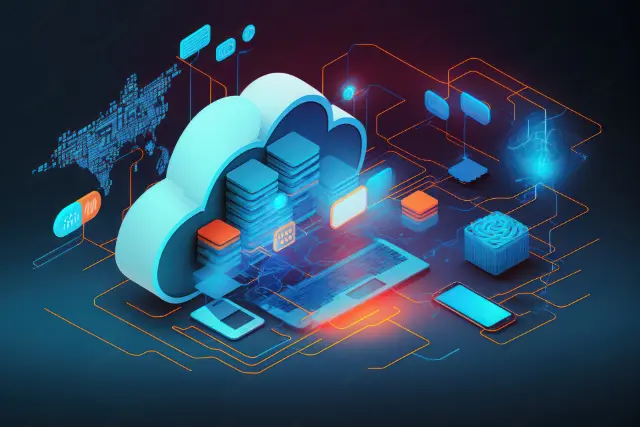
The Future of CRM Automation
The future of CRM Automation is bright, with emerging technologies offering exciting possibilities to further enhance the guest experience.
- AI-Powered Personalization: AI can be leveraged to deliver hyper-personalized experiences by analyzing guest data and tailoring recommendations, offers, and communications.
- Conversational Interfaces: Chatbots and voice assistants can provide guests with instant and convenient access to information and services, enhancing the guest journey.
- Blockchain for Data Security: Blockchain technology can be used to create secure and transparent guest data records, ensuring privacy and trust.
Subscribe and Connect
Stay ahead of the curve by subscribing to our newsletter to receive the latest insights on industry-specific automation trends and best practices.
Contact our team today for a free feasibility assessment and cost estimate for your custom CRM Automation requirements. Let us help you unlock the full potential of CRM Automation and deliver exceptional guest experiences.

Algorythum – Your Partner in Automations and Beyond
At Algorythum, we specialize in crafting custom RPA solutions with Python, specifically tailored to your industry. We break free from the limitations of off-the-shelf tools, offering:
- A team of Automation & DevSecOps Experts: Deeply experienced in building scalable and efficient automation solutions for various businesses in all industries.
- Reduced Automation Maintenance Costs: Our code is clear, maintainable, and minimizes future upkeep expenses (up to 90% reduction compared to platforms).
- Future-Proof Solutions: You own the code, ensuring flexibility and adaptability as your processes and regulations evolve.


